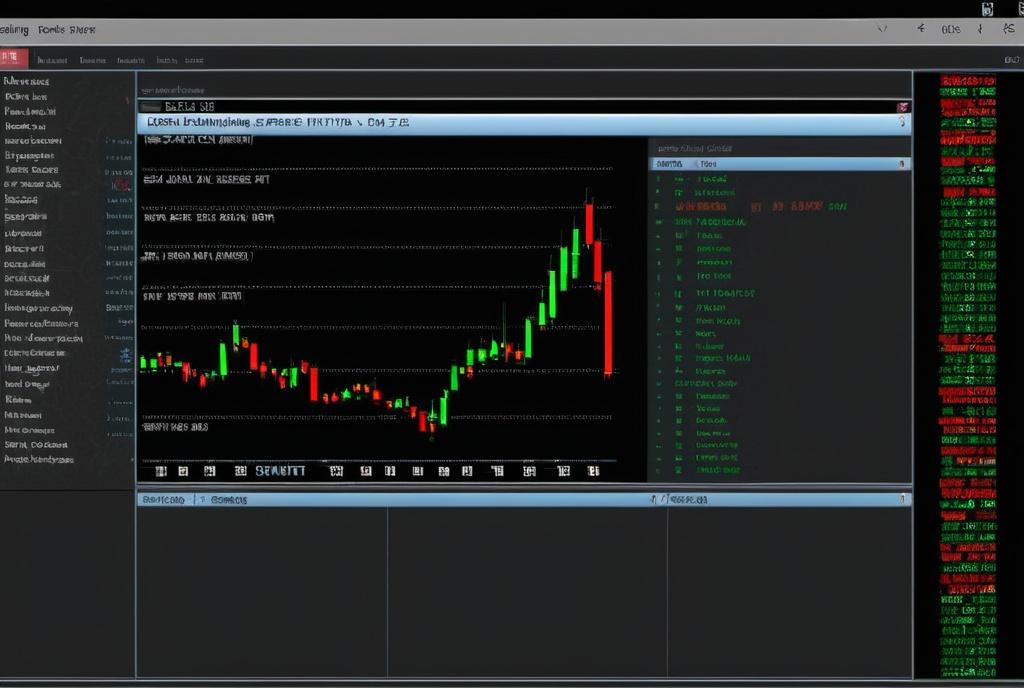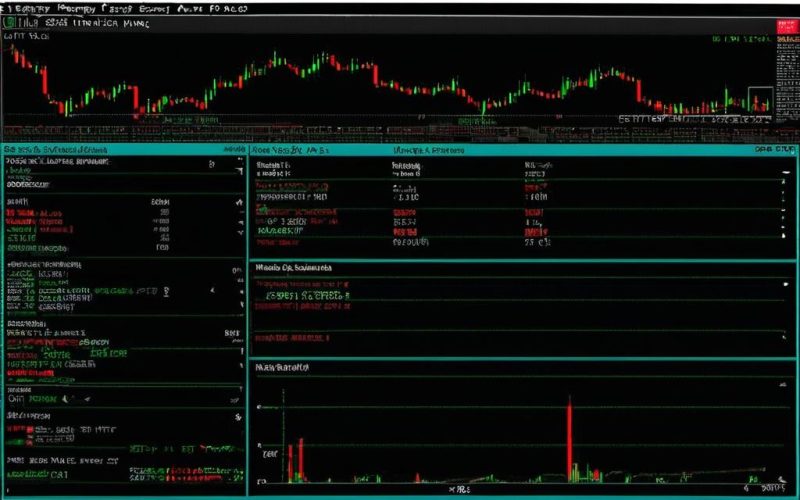Key Take Aways About Scalping
- Scalping is a trading strategy for quick, small profits through rapid trades.
- Success relies on speed and discipline; quick reflexes and decisiveness are crucial.
- HIT software aids scalpers with real-time data, custom indicators, and fast execution.
- Example: John uses HIT software to identify volatile stocks for rapid trades.
- Risks include transaction costs and slippage; stop-loss orders and a solid strategy help mitigate them.
- Scalping is high-stress and requires sharp skills, ideal for traders seeking fast-paced action.

Scalping: A Rapid-Fire Trading Strategy
Scalping is a trading strategy that is all about making quick moves in the market. Unlike other trading methods that may aim for significant price moves or long-term holding periods, scalping is where traders make money off small price changes. You enter and exit these trades in a heartbeat, often within minutes. If you enjoy the adrenaline rush of fast-paced decision-making, scalping might be your cup of tea.
How Scalping Works
In scalping, the trader’s main goal is to buy and sell quickly, taking advantage of small price changes that occur frequently. This style of trading requires a fine-tuned strategy because you rely on sheer volume to make profits. A few cents here and there might not sound like much, but when you multiply this by hundreds or thousands of trades, it adds up. Like running a marathon at a sprint’s pace, scalping is both intense and rewarding if done right.
The Importance of Speed and Discipline
Speed is essential for scalping. Without quick reflexes and decisiveness, opportunities can slip away faster than ice cream on a hot summer day. Traders often use sophisticated software or platforms like HIT software to analyze data and execute trades in the blink of an eye. Anyone considering scalping must also develop a strong sense of discipline. There’s no room for hesitation or second-guessing. You have to go with your gut and trust your strategy.
How HIT Software Comes Into Play
Trading platforms like HIT software are a scalper’s best friend. They offer features specifically advantageous for high-frequency trading. Real-time data analysis, custom indicators, and speedy execution capabilities are crucial when milliseconds matter. HIT software allows traders to automate parts of their strategy, which makes managing multiple trades simultaneously a breeze. It’s like having a co-pilot who never misses a beat.
Real-Life Scenarios of Scalping
Take the example of John, a seasoned trader. He starts his day by scanning the market, looking for volatility. Using HIT software, he sets up to trigger trades based on certain conditions—like when a stock is about to break a resistance level. Over the course of a few hours, John might place dozens of trades, closing them out moments later. Each trade nets him a small profit, and by the end of the day, those small gains tally up to a substantial sum.
Risks and Rewards of Scalping
Like any trading strategy, scalping involves risks. The potential for profits is as real as the potential for losses. The sheer volume of trades means that transaction costs can add up, eating into your profits if you’re not careful. Slippage, where the actual price at execution differs from the expected price, can also impact results negatively.
Mitigating Risks
To mitigate risks, successful scalpers must develop a solid strategy and stick to it like glue. Using stop-loss orders can help limit losses, while leveraging the analytical features of HIT software can ensure that you’re always informed. It’s also wise to keep an eye on the market news, as unexpected events can cause price swings that are either a boon or a bane.
Final Thoughts on Scalping
Scalping isn’t for everyone. It demands quick reflexes, sharp analytical skills, and a tolerance for stress. The potential for profit is there if you can master the art of flipping trades faster than flipping pancakes. But it’s essential to arm yourself with the right tools and knowledge to make those rapid decisions effectively. Whether you’re a budding trader or a seasoned pro, understanding the quirks and essentials of scalping can open new doors in your trading ventures.
